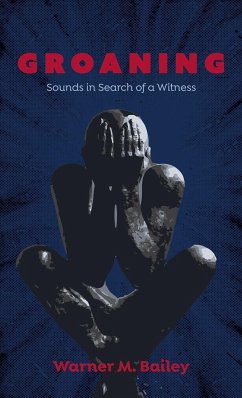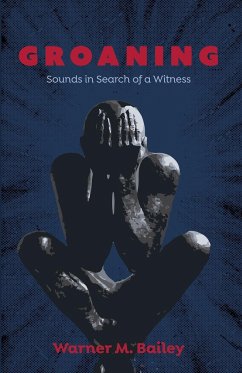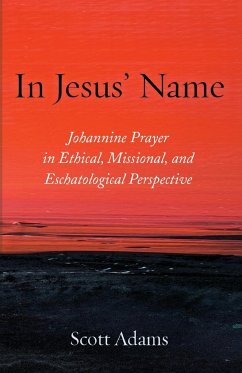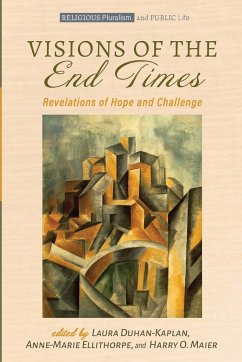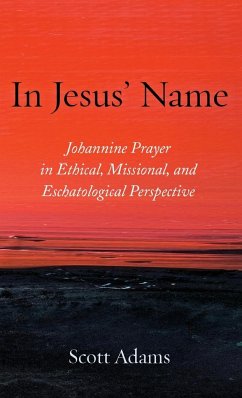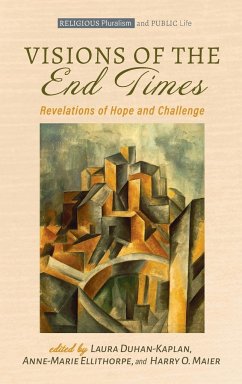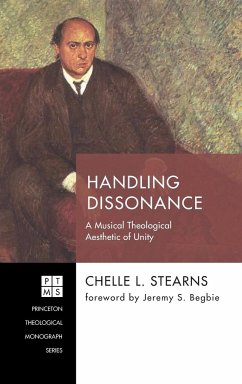
Setting Our Hearts upon the Deep
Versandkostenfrei!
Versandfertig in 1-2 Wochen
40,99 €
inkl. MwSt.
Weitere Ausgaben:

PAYBACK Punkte
20 °P sammeln!
In Christian churches, the "Why Lord?" and "How long Lord?" prayers of the Jewish lament tradition have fallen silent. This is astonishing given that Jesus' fidelity to the cause of God culminates in his lament cry on Calvary, which was "heard" by God (Heb 5:7), who did not hide his face (Ps 22:24) but responded by raising him up in glory. In Christ's paschal mystery, grief (lament) and joy (praise) are inextricably intertwined. So why is lament not incorporated into praise in church usage? How can we not lament as we strive to embody Christ in an unredeemed world? The book examines reasons fo...
In Christian churches, the "Why Lord?" and "How long Lord?" prayers of the Jewish lament tradition have fallen silent. This is astonishing given that Jesus' fidelity to the cause of God culminates in his lament cry on Calvary, which was "heard" by God (Heb 5:7), who did not hide his face (Ps 22:24) but responded by raising him up in glory. In Christ's paschal mystery, grief (lament) and joy (praise) are inextricably intertwined. So why is lament not incorporated into praise in church usage? How can we not lament as we strive to embody Christ in an unredeemed world? The book examines reasons for the neglect of lament in the New Testament and theological tradition. The pivotal section of the work situates Jesus in the tradition of the suffering righteous in which Psalm 22 stands and it proposes a theological (not juridical) interpretation of Jesus' cry, which refutes the God-abandonment thesis: Jesus' cry reveals his abandonment to God, not his abandonment by God! Because God was "for" and "with" Jesus, we know that God is "for" and "with" us in our own cries, which are joined to Jesus' cry, and we are redeemed. Redemption, then, consists in human and divine suffering coming together to transform grief and evil into joy and newness of life.






